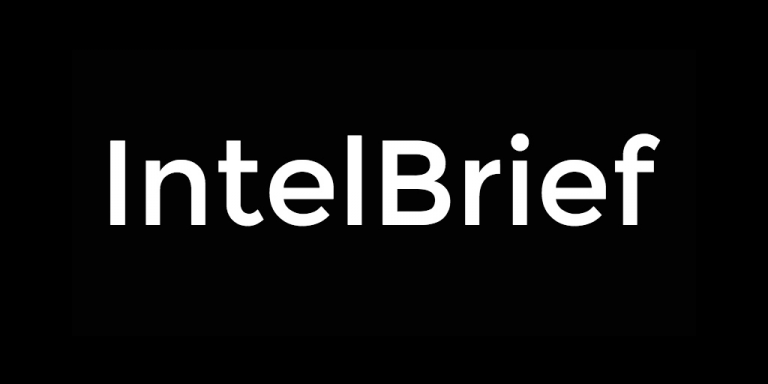INTELBRIEF
October 4, 2017
TSC IntelBrief: The Mysterious Attacks on the U.S. Embassy in Havana

• On September 29, U.S. Secretary of State Rex Tillerson ordered the withdrawal of all nonessential personnel from the U.S. embassy in Havana, Cuba.
• The move came as officials have been unable to determine why 22 embassy personnel and spouses have come down with various ailments, including some that caused permanent damage.
• While there is speculation a mysterious sonic device may have caused symptoms including hearing loss and brain damage, that has not been confirmed.
• Relations between Cuba and the U.S. have sharply deteriorated, with the Trump Administration expelling 15 diplomats from Havana’s Washington embassy.
Months into an investigation of the mysterious attacks that afflicted 22 people at the U.S. Embassy in Havana, the one thing that’s clear is that the serious ailments blamed on the attacks—ranging from hearing loss to traumatic brain injury—are very real and have in some cases caused permanent damage. All other factors, including the origin and purpose of the attacks, are part of an ongoing mystery of both personal and geopolitical importance.
On September 29, U.S. Secretary of State Rex Tillerson responded to the attacks, ordering all ‘nonessential’ personnel at the U.S. Embassy in Havana to withdraw. Just why he ordered the withdrawal at that stage is unclear; first reports of U.S. diplomats being targeted in some unknown fashion broke earlier this year.
The injuries suffered by the 22 Americans known to have been affected include vertigo, hearing and vision loss, headaches, tinnitus, and fatigue. Speculation as to what could have caused such symptoms include some sort of sonic weapon (not known to exist) or perhaps malfunctioning surveillance equipment, since diplomats are most often under some level of surveillance and most certainly would be so in Cuba.
Though the Trump administration expelled fifteen Cuban diplomats October 3 to protest Cuba’s failure to protect the Americans, it appears the U.S. may not believe the Cuban government was responsible for the attacks. Though American officials have said the illnesses followed the deliberate targeting of U.S. diplomatic personnel (a very serious breach of international law) the FBI is working with the Cuban government to determine just what happened—and might still be happening. According to Secretary Tillerson, 'Cuba has told us it will continue to investigate these attacks, and we will continue to cooperate with them in this effort.'
Adding to U.S. and Cuban concern is evidence some of the attacks occurred at Havana hotels as well as the embassy. For Cuba, its frail economy is heavily dependent on tourism, and reports of people being targeted and injured in some fashion in Havana’s hotels are damaging. For the U.S., the State Department has issued an advisory warning U.S. citizens to avoid travel to Cuba, citing the unknown nature and location of the threat. The advisory and withdrawal of embassy personnel comes just as U.S. businesses and tourists have been entering the Cuban market, following former President Barack Obama’s 2014 order lifting Washington’s trade and travel embargo and reestablishing diplomatic ties.
The Cuban government has from the beginning denied any involvement or awareness of the incidents. It is possible the attacks were done by a third-party nation state, but again, lack of details and evidence about even the basic nature of the attacks makes attempts to determine who was behind them almost impossible. U.S. Senator Patrick Leahy has said that ‘whoever is doing this obviously is trying to disrupt the normalization process between the United States and Cuba.’ Meanwhile, President Obama’s decision to resume diplomatic and economic relations with Cuba remains a very contentious issue among Cuban-Americans, though there are many who supported the move.
.
For tailored research and analysis, please contact: info@thesoufancenter.org
.
.